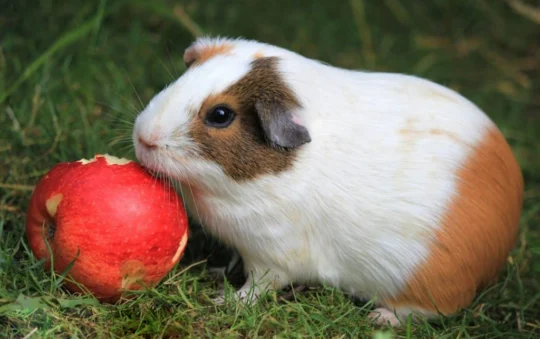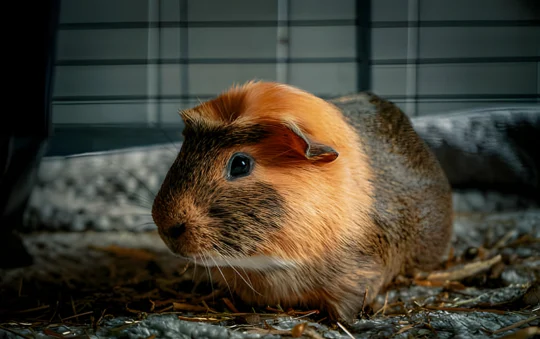As a responsible guinea pig owner, it’s crucial to be aware of common health considerations to ensure the well-being of your furry companions. Here are some key aspects to keep in mind:
Respiratory Health: Guinea pigs are susceptible to respiratory issues, especially if exposed to drafts or overly damp environments. Provide adequate ventilation in their cage, avoid smoking near them, and ensure their living space is kept clean to prevent respiratory infections.
Dental Care: Dental problems are common in guinea pigs due to their continuously growing teeth. Regularly check for signs of overgrown teeth, difficulty eating, or drooling. Providing appropriate chew toys and a diet high in hay helps keep their teeth in check, but veterinary dental check-ups are essential.
Gastrointestinal Health: Guinea pigs have sensitive digestive systems, and a sudden change in diet can lead to gastrointestinal issues. Introduce new foods gradually, and ensure a diet rich in hay to maintain proper gut function. Signs of gastrointestinal problems include lethargy, reduced appetite, and changes in stool consistency.
Skin and Coat Issues: Skin problems, such as mites or fungal infections, can affect guinea pigs. Regularly inspect their skin and coat for any signs of redness, hair loss, or abnormalities. A clean living environment, proper grooming, and a balanced diet contribute to healthy skin and fur.
Obesity and Diet-Related Concerns: Guinea pigs can easily become overweight if their diet lacks the right balance. Avoid excessive feeding of high-calorie treats and ensure a diet rich in fiber, such as hay. Obesity can lead to various health issues, including joint problems and a reduced lifespan.
Reproductive Health: If you have both male and female guinea pigs, be prepared for the possibility of breeding. Guinea pigs can reproduce as early as four weeks old, so it’s crucial to separate males and females at a young age if you don’t want them to breed. Consult with a veterinarian to discuss the best options for contraception if needed.
Regular Veterinary Check-ups: Routine veterinary check-ups are essential for preventive care. Find a veterinarian experienced in treating small animals, and schedule regular visits to monitor your guinea pigs’ overall health. Early detection of any potential issues can significantly improve the chances of successful treatment.
Being proactive about your guinea pigs’ health is the best thing you can do.



